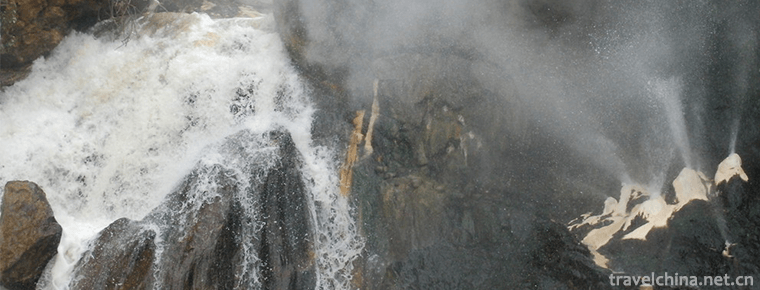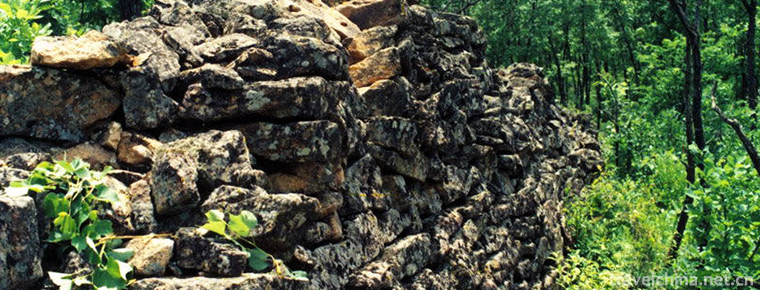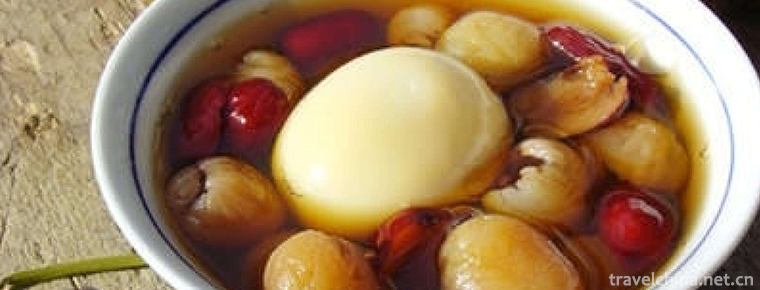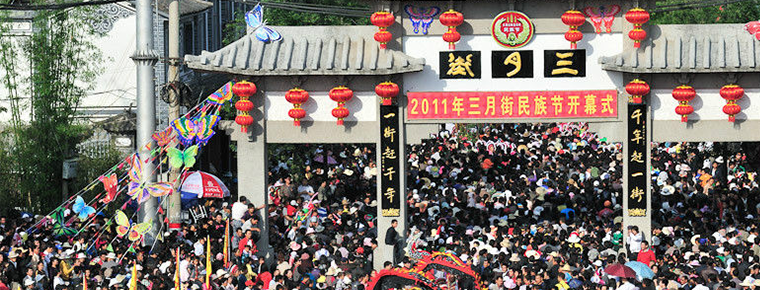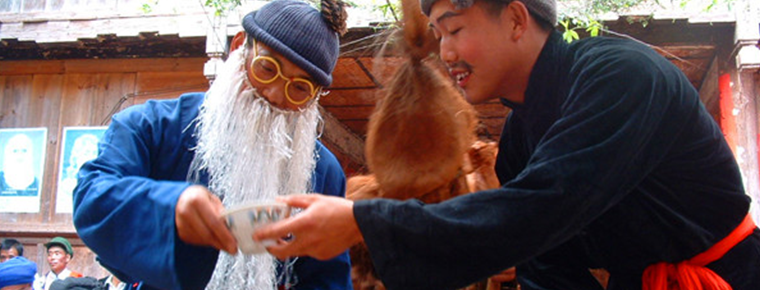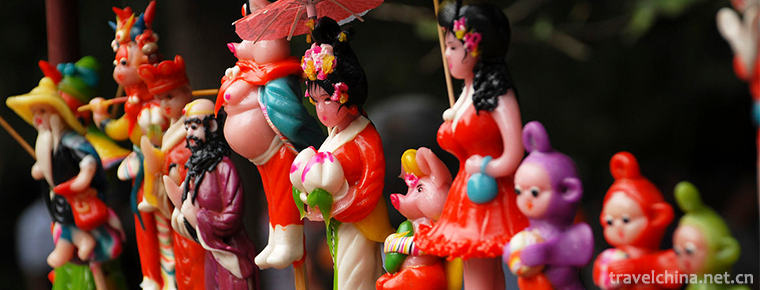Ah Xi Xian Ji
Ah Xi Xian Ji
"Xianji" is an epic of the Ashi people of the Yi tribe, which is spread orally among the Ashi people in the Xishan area of Maile City, Yunnan Province. "Xianji" is the transliteration of "sei ji" in the Ashi language, meaning "song", and is the general name of the poems and tunes of this work. The whole poem is divided into two parts. The first part, "the oldest time", describes the origin of the universe and the early customs of human life. The second part, "Men and women say that they are one family", narrates the unique marriage and customs of the Ashi people, which has the significance of inheritance.
In May 2011, the "A Xixianji" declared by Maile County of Yunnan Province was listed in the third batch of national intangible cultural heritage list with the approval of the State Council.
historical origin
The Creation Epic of the Axi people, a branch of the Yi nationality in China. It is spread in the Xishan area of Maile City, Yunnan Province. Sing in a fixed tone. Guang Wei-ran had been sorted out and published between 1943 and 1944. The title of the book is "A thin chicken (base)".
primary coverage
"Xianji" means a song or song in Ashi. The whole poem is divided into two parts. The first part, "the oldest time", describes the origin of the universe and the early customs of human life. The second part, "Men and women say that they are one family", narrates the unique marriage and customs of the Ashi people, which has the significance of inheritance.
There are a lot of materials about "pre-base". Different singers from different places have different choices in their singing.
Streamlining
In dealing with the differences in the statement of the same event and the description of the details, we should consider the epochal and national characteristics reflected in the epic, and pay attention to the use of the most ancient and national characteristics of the Asians.
Notice the difference between essence and dross.
The repetition and procrastination in some parts of the original poem are simplified.
The original poems are all five-character rhyme poems. The translated Chinese has formed long and short sentences. The language has been appropriately processed and rhymed as far as possible under the premise of expressing one's feelings and feelings.
There is no title in the original poem, and the title is added to the poem. Under each sub-title, the poem is divided into sections.
Basic structure
Introduction to Ahsien's Xianji
The oldest time
Creation of heaven and earth, creation of man
How do they live?
Generations in the Three Worlds
Quarter years, crops
Five houses, sacrifices to gods
Men and women say they are one family.
How sad I am
The road to a duet tune can't be broken
Three paved the way for love
Fourth, let's go up to the mountain.
Fifth, like the rainbow in the sky, life and death will never be separated
Six of us two ah! It's already a couple.
7. Planting crops on wasteland
Eight was dressed in linen
Nine goes out to sell workers
10 Home to Harvest Crops
11 Let our children grow crops
artistic characteristics
The content of traditional poems sung with "Xianji" is basically fixed and systematic, which constitutes a complete narrative poem. On the eve of liberation and after liberation, the Ashi people also sang many poems eulogizing revolutionary struggle and socialist construction by using the "pre-foundation". However, from the content and structure of the poems, they are other works, which have no organic connection with the ancient narrative poems.
Inheritance value
Long poems have a wide range of contents. They vividly and vividly reflect the different aspects of life of the Ahsi people in different stages from primitive society to class society. They are interwoven with myth and reality, and integrate ideals and facts. They are both literature and history. In 1959, a new edition of A Xianji was published.
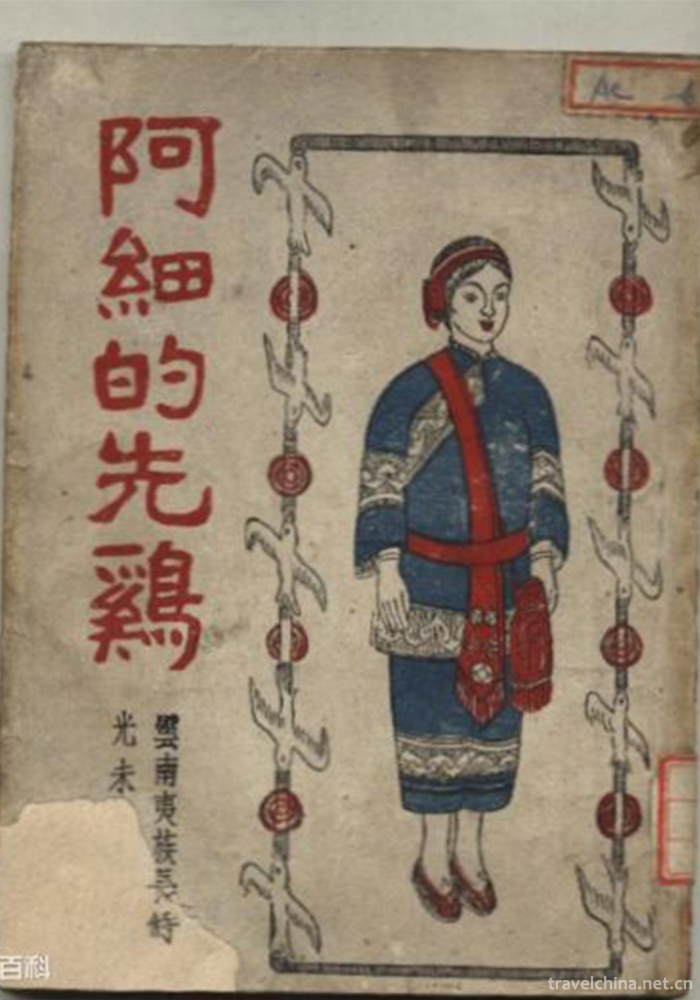
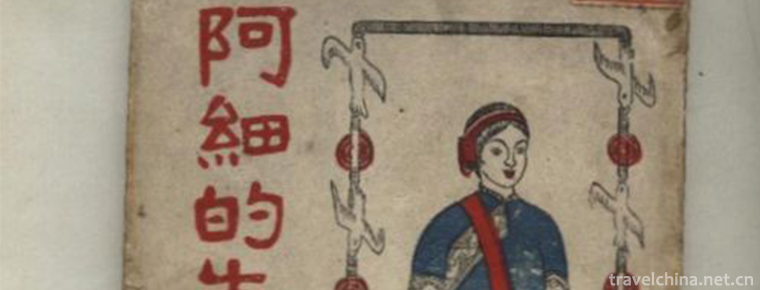
Ah Xi Xian Ji
-
Tengchong Volcanic Hot Sea Tourist Area
The volcanic hot sea is located 20 kilometers southwest of Tengchong County. It covers an area of 9 square kilometers. There are more than 80 large gas springs and hot springs. Among them
Views: 154 Time 2018-12-12 -
Luxi County Alu Ancient Cave Scenic Area
The Alu Gudong Scenic Area is located in southeastern Yunnan Province, 2 kilometers west of Luxi County Town, Honghe Prefecture, Yunnan Province. "Alu ancient cave" is a Yi language,
Views: 150 Time 2019-02-06 -
Mudan River Side Wall
The Mudanjiang Side Wall was built in the Tang Dynasty, presumably at the junction of Mudanjiang City in Heilongjiang Province and the northeast of Hailin County.
Views: 313 Time 2019-02-07 -
Fried egg with Longan
Oyster with longan is a dish name. Its raw materials have certain medicinal effects of traditional Chinese medicine and have medicinal effects on human body.
Views: 283 Time 2019-03-24 -
March Street Dali
"Yuejie", or March Street of Dali, also known as "Guanyin City, also known as the March Meeting of Dali, today also known as the National Day of March Street, is a grand festival and st
Views: 218 Time 2019-04-23 -
Ear song
"Earsong" is also known as "Decorative Red". In Bai language, "ear" means simple son, and "song" means dance. It originated in the mountainous Bai nationality i
Views: 218 Time 2019-04-28 -
dough figurine
Noodles, also known as face sculptures, models and flowers, are simple but highly artistic Chinese folk crafts. As early as the Han Dynasty, Chinese face sculpture art has been written down. It uses f
Views: 148 Time 2019-06-05 -
Qinghai Han Minority Folk Minor
Qinghai Han folk minor is one of the genres of Chinese folk songs. Generally speaking, it refers to folk songs and dances popular in town fairs. Through the spread of the past dynasties
Views: 468 Time 2019-06-10 -
Your smile is so beautiful Tik Tok Songs 2020 Hot Songs
The most pleasant thing is to listen to a song like the spring breeze, pure and clean children's voice washing the city's dusty heart.
Views: 445 Time 2020-05-21 -
Biological resources of Suining
There are many kinds of biological resources in Suining. There are more than 1500 varieties or strains of biological resources found and utilized in Suining, including more than 1000 plant resources and 367 cultivated varieties of crops. The territory belongs
Views: 354 Time 2020-12-16 -
Suining first industry
In 2019, the total output value of agriculture, forestry, animal husbandry and fishery in Suining will reach 30.998 billion yuan, an increase of 3.4% over the previous year.
Views: 343 Time 2020-12-16 -
Suining famous specialty
Suining City has Shehong Medina beef, Daying white lemon, Chuanshan bean curd peel, Anju golden pear, zhuotang well salt, da'anshu beef, Chicheng lake fish mat, shehongyexiang pig, Anju 524 sweet potato, Pengxi green pepper, Pengxi Xiantao, qiaoguanying
Views: 339 Time 2020-12-16
